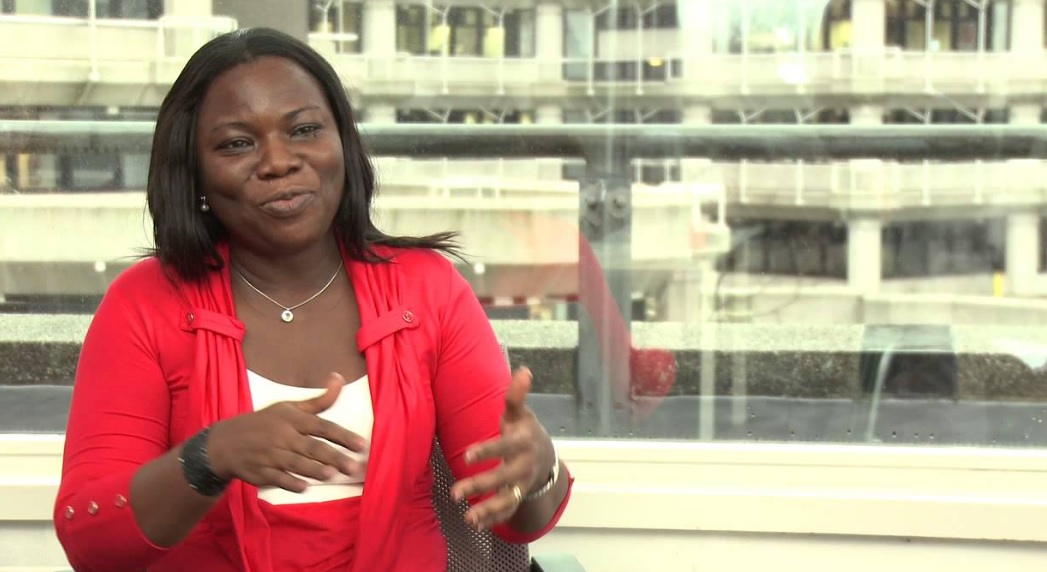Presenting the second batch of 12-ministerial appointees on Wednesday, January 11, 2017 the newly sworn-in President of the Republic of Ghana, President Nana Addo Dankwa Akufo-Addo announced the new Ministry of Sanitation and Water Resources among others. He also named Hon. Joseph Kofi Adda, a member of parliament for Navrongo as the minister designate. According to the president, the decision to respectively split water and sanitation from the Ministry of Water Resources Works and Housing and the Ministry of Local Government and Rural Development stemmed from the neglect of the sub-sectors.
Past effort of sector stakeholders through different forms of advocacy has led to some notable changes and achievements including major reforms to address institutional weaknesses. Some of these include changing the name from the then Works and Housing Ministry to the Ministry of Water Resources Works and Housing (MWRWH); the establishment of the Water Directorate (WD) within the MWRWH; the establishment of Ghana Water Company Limited (GWCL) and the introduction of private sector involvement in the management of urban water service delivery; the establishment of the Community Water and Sanitation Agency, the Water Resources Commission, and more recently the Environmental Health and Sanitation Directorate (EHSD) within the Ministry of Local Government and Rural Development (MLGRD) among others. The development of strategic investment documents contributed to increased donor involvement and improvement in coverage particularly for water services. The WD-MWRWH and EHSD-MLGRD have driven the formulation of sector policies and strategies for water and environmental sanitation.
These notwithstanding, considerable challenges still remain, especially in the sanitation subsector. In 2015, Ghana reported 89% of its total population and 84% of its rural population with access to improved drinking water sources with basic sanitation lagging behind at 15 % (
WHO/UNICEF JMP). The progress in water services is threatened by the huge challenge of non-functionality of about 26% of handpumps and 14% of piped schemes of the existing rural water and small-towns facilities in 119 out of the 216 districts as reported in the
six regional fact sheets published by the Community Water and Sanitation Agency, in collaboration with IRC.
Whilst the enabling policy environment in the sector has been largely created, sector coordination and financial prioritization remain a challenge. Budgets and resources to convert policy into tangible impact on the ground are insufficient, as is a reliable mechanism for tracking delivery and use of services and reporting on progress.
The reclassification of the Ghanaian economy to Lower Middle Income Country (LMIC) status presents complexities by way of reorganization of institutional responsibilities, system changes and has huge implications for aid flows. The fact that Ghana has attained LMIC status has adverse implications for its access to concessional finance and grants, although it does open up private sector and other non-traditional financing alternatives to international development assistance. To date, revenues have not been enough to support the anticipated investments in key national priority sectors including water and sanitation (OECD, 2014). Such constraints in financing without a clear alternative finance mechanism to bridge the gap in donor funding could result in decline of the gains made in the last years and threaten the ability to meet the national targets for Water and Sanitation.
Equally, recent developments at the global level put enormous responsibility on government for attainment of high quality standards in water and sanitation service provision. The 2030 Sustainable Development Goal for water and sanitation (SDG 6) commits to availability and sustainable management of water and sanitation for all.
Albert Einstein said “Problems cannot be solved with the same mindset that created them”. In the same way, while the structures that were established for managing the sector may have been relevant and appropriate to address the issues at that time, new expectations and challenges demand new solutions. The establishment of the new Ministry will be an opportunity to bring about transformational changes in the sector - ensuring effective institutions and providing government leadership to advance progress in the sector.
We welcome Hon. Joseph Kofi Adda, the Minister designate and look forward to working closely with him and in collaboration with all sector stakeholders towards providing everyone living everywhere in Ghana with sustainable water and sanitation services every moment. We applaud the creation of the Ministry and urge government to give priority in funding, ensure effective institutions and provide dedicated leadership to enable effective delivery as hugely expected by the sector and Ghanaians.
Editor’s notes
About IRC
IRC is an international think-and-do tank that works with governments, NGOs, entrepreneurs and people around the world to find long-term solutions to the global crisis in water, sanitation and hygiene services. At the heart of its mission is the aim to move from short-term interventions to sustainable water, sanitation and hygiene services.
With over 45 years of experience, IRC runs projects in more than 25 countries and large-scale programmes in seven focus countries in Africa, Asia and Latin America. It is supported by a team of over 80 staff across the world.
About IRC Ghana
IRC Ghana, based in Accra, is led by its Country Director, Vida Duti. Registered in Ghana in 2011, IRC Ghana consists of a multi-disciplinary team of some fifteen professional staff, supported by technical specialists from IRC in The Netherlands.
Media Contact details IRC Ghana
Abubakari Wumbei
Communication Learning & Advocacy Coordinator
T +233 (302) 79 7473
T +233 (302) 79 7474
